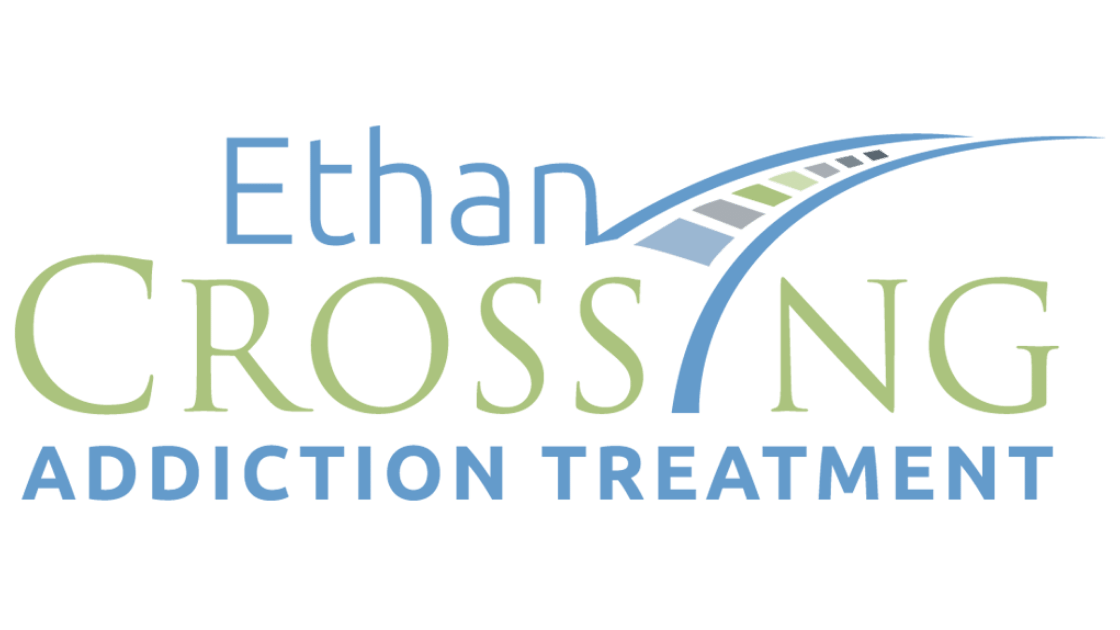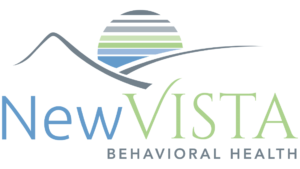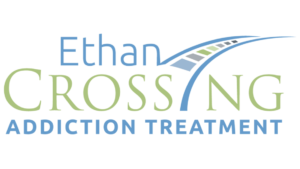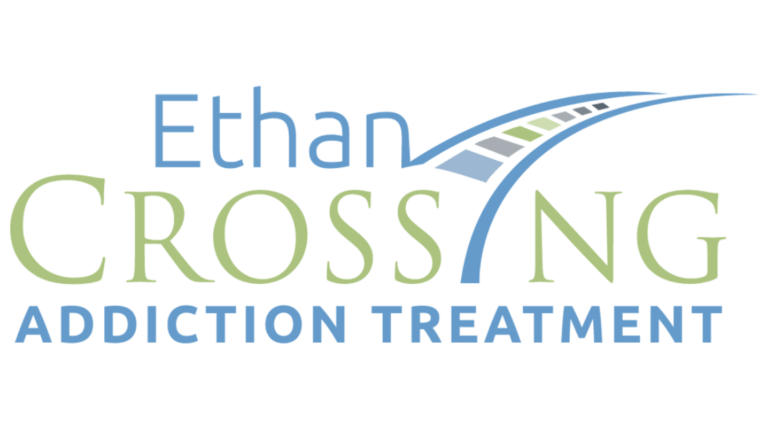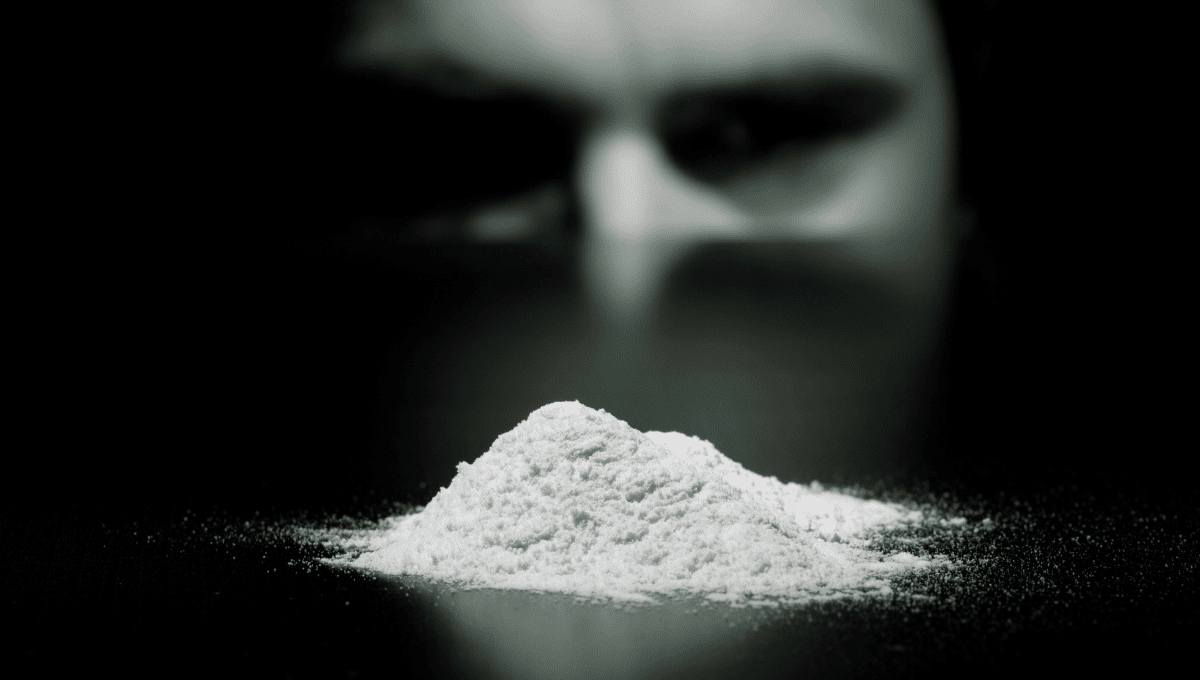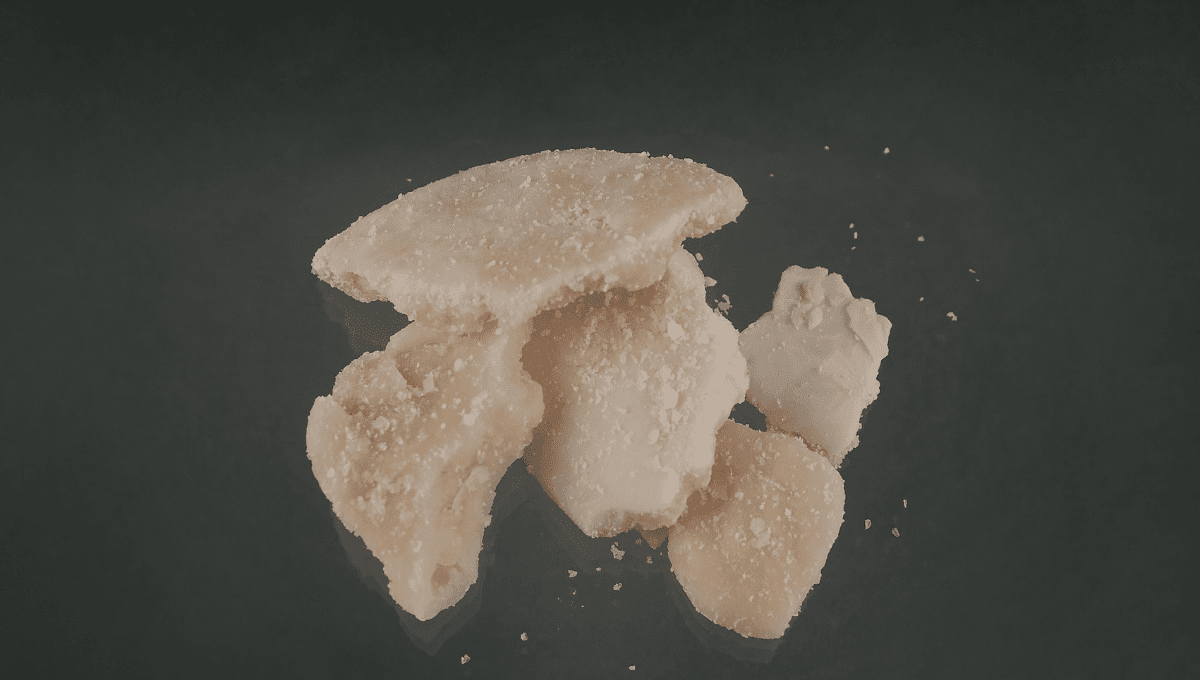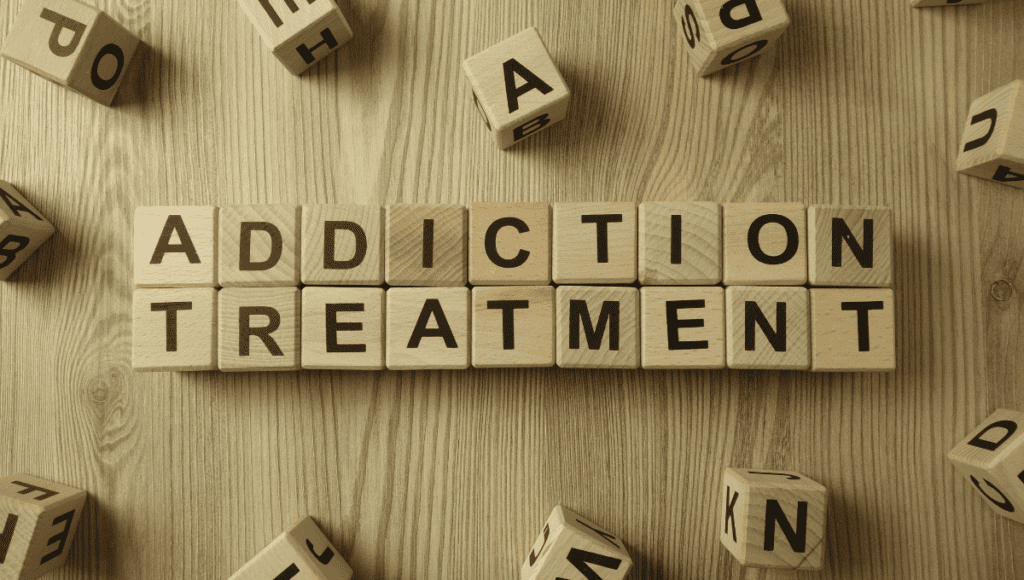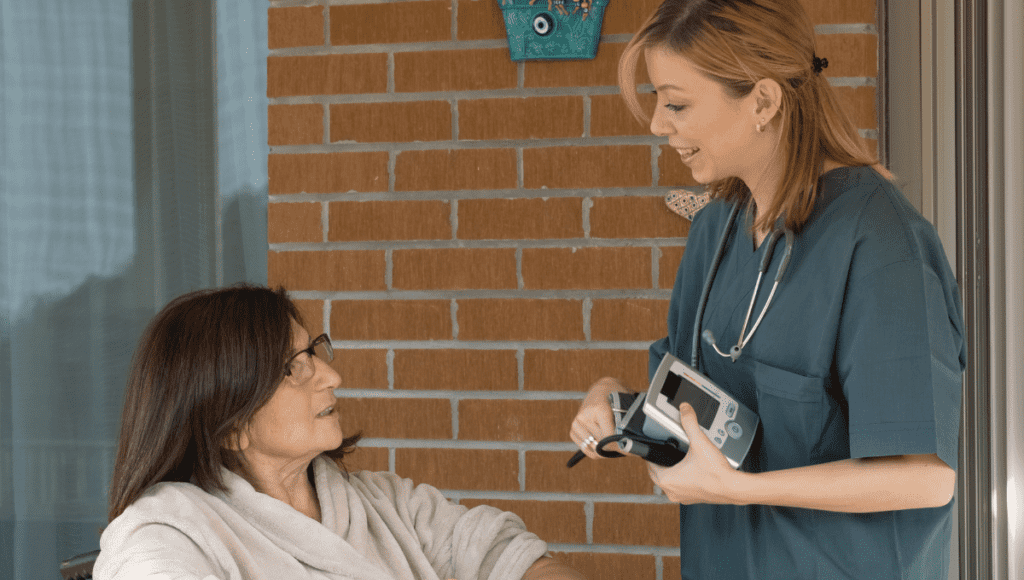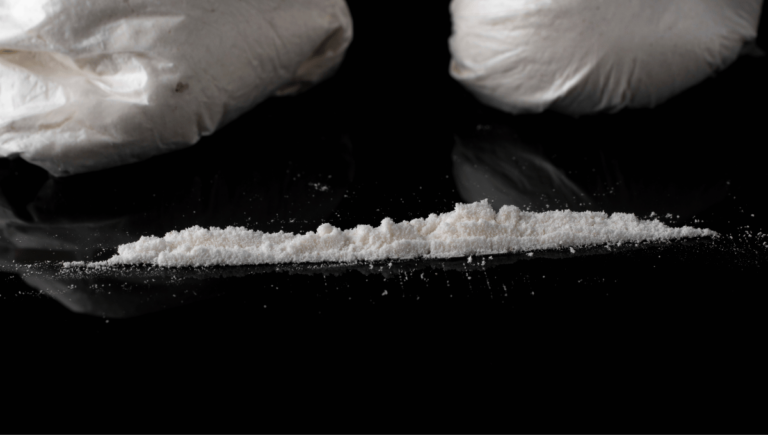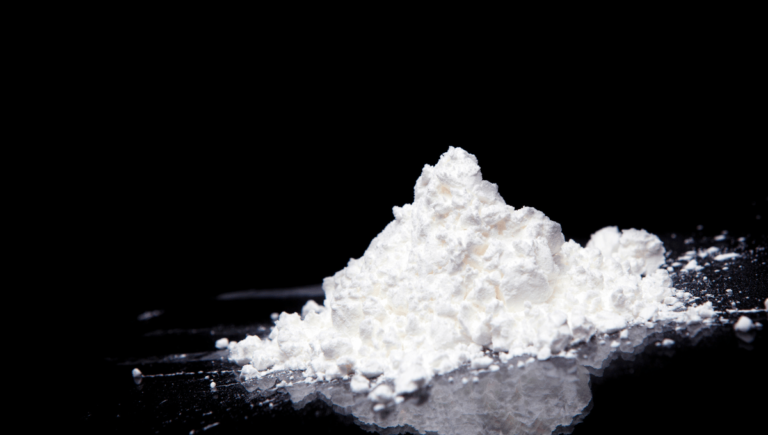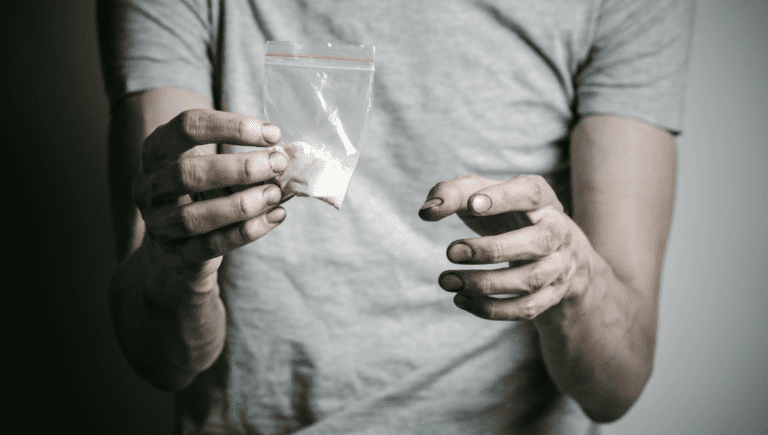Cocaine is a powerfully addictive Schedule II drug, which means that it has a high potential for abuse. A water-soluble hydrochloride salt and a water-insoluble cocaine base are the two chemical forms of cocaine that are abused. The powdered form of hydrochloride salt is injected or snorted by users. Cocaine is processed with ammonia or sodium bicarbonate (baking soda) and water, then heated to remove the hydrochloride to obtain a smokable material commonly referred to as crack.
How Does It Work?
The drug sends dopamine to the pleasure centers of your brain. The accumulation generates a high, which is characterized by heightened feelings of energy and alertness.
Other short-term effects of cocaine may include:
- Extreme sensitivity to touch, sound, and sight
- Sense Of Euphoria
- Anger/irritability
- Decreased appetite
- Paranoia
Cocaine users can develop a tolerance, requiring larger doses to achieve the same high. Intense cravings, despair, anxiety, and angry outbursts are some psychological withdrawal symptoms that can continue for weeks. Nausea, tremors, difficulty sleeping, and muscle soreness are all physical withdrawal symptoms. Because of the interference with the brain’s chemical reward system, a person may be unable to experience any pleasure sensations without the use of cocaine to release dopamine. This means that people who stop using cocaine may have significant cravings for months or even years.
How Is Cocaine Addiction Diagnosed?
Your doctor will discuss your current cocaine use as well as your medical history in order to determine a cocaine addiction. They’ll also try to figure out how severe your addiction is and recommend treatment options. Because of the potent addiction cocaine creates, it is often challenging to stop using it on your own. With the help of a treatment program, you can break the addiction within your brain and move forward with recovery. You may benefit from a drug addiction treatment program if you experience the following:
- You think about using cocaine often.
- If you do not have it, you become jittery and anxious.
- You are facing relationships, work, school, or other difficulties because of your use.
- You have engaged in reckless behavior when high.
- You have overdosed before.
- Deep down, you know you cannot stop on your own.
With the help of an addiction treatment program, you can work through the triggers and withdrawal symptoms.
Treatment Options
Cocaine is one of the most damaging illicit drugs. It creates a severe addiction risk for those who use it, even if you have used it just once. The first step for many people is to rid your body of the chemical. Your body can do this on its own with a bit of support from a drug detox center. During this time, we can offer a wide range of help to ease the detox process, which allows you to get through it with a bit more ease.
We also offer a comprehensive residential treatment program, including partial hospitalization programs, intensive outpatient treatment (IOP), and a traditional outpatient treatment program. During this treatment, we can work on the issues that have been caused by cocaine use, including past trauma. You can learn real skills to use during daily life to help you avoid triggers that may encourage you to use drugs again. This will greatly benefit you on your road to recovery and help you to stay sober. Through a comprehensive treatment plan like this, you can get on the road to recovery. If you are seeking the benefits of a cocaine addiction treatment program, allow NewVista to be there to support you. We offer a range of treatments to give you just what is right for your needs.
Jump To Section
Medications Assisted Therapy
Medication-assisted therapy can counteract the symptoms of withdrawal. Most of the withdrawal symptoms that an individual will experience from cocaine are psychological. They may experience slowed thinking and have difficulty concentrating. They may be either restless or exhausted, depending on the physiology of the patient. Depression and anxiety are also common, as are an increased appetite and nightmares.
We provide support for recovery through talk therapy to target negative thoughts and emotions associated with stopping the use of cocaine. Withdrawal symptoms typically last for 7-10 days but can start as soon as 90 minutes after cocaine use has stopped.
Additional Therapies
At NewVista we take the long view. Recovery is a lifelong commitment because the specter of relapse is always hiding in the background. We believe in sustainable recovery and supporting our patients through our aftercare program.
- Cognitive-behavioral therapy
- Dialectical behavior therapy
- 12-step recovery program
- Yoga therapy programs
- Music therapy programs
